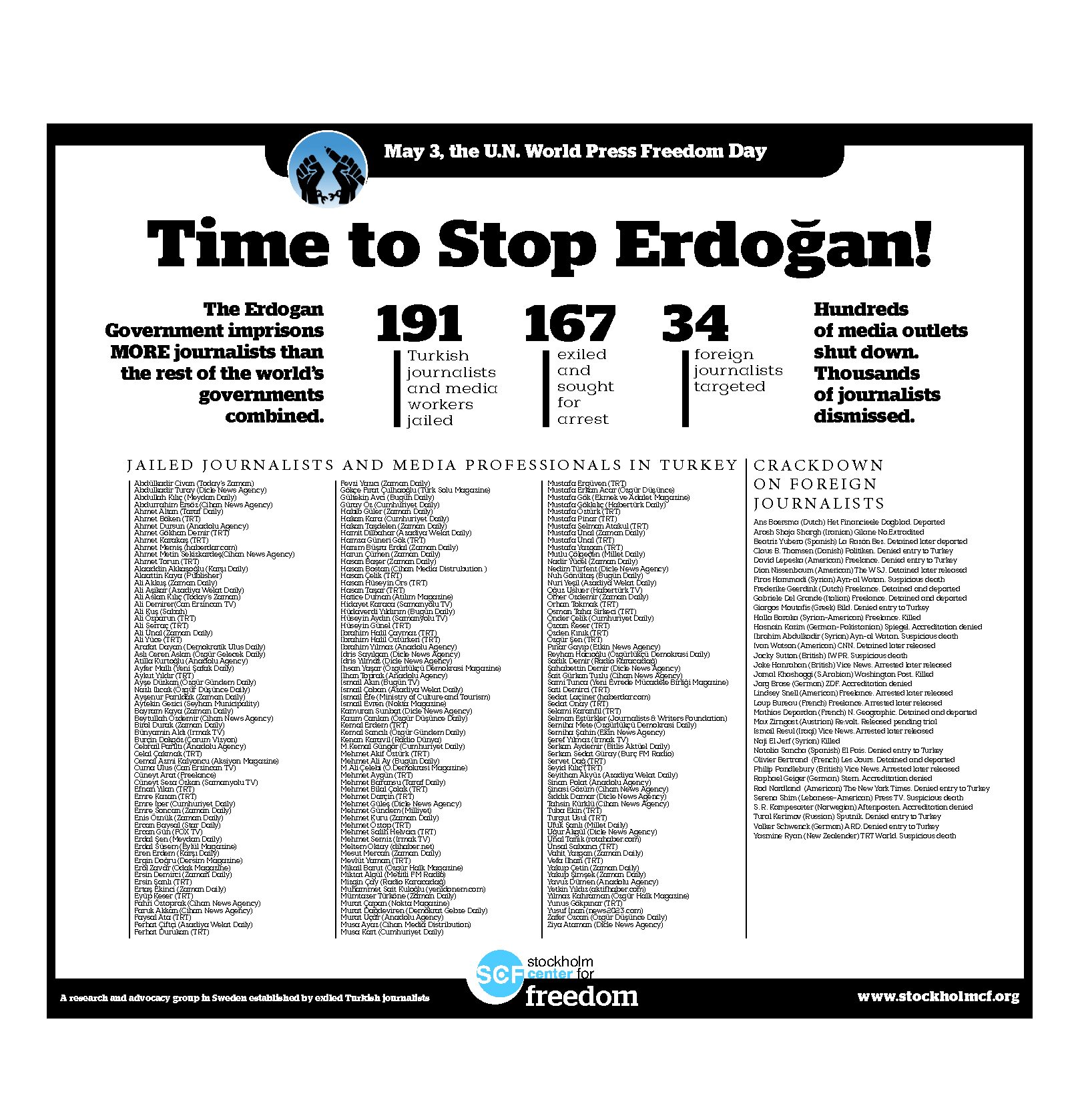Cooperation between Turkey and Sudan in intelligence and military affairs, spearheaded by ousted Sudanese leader Omar al-Bashir, was thrown into limbo when Islamist Turkish President Recep Tayyip Erdoğan, a close ally of Bashir, lost his major backer in northeast Africa.
Having invested so much stock in al-Bashir, Erdoğan was frustrated to see that his credit may not be as good with the transitional government. Speaking at a ruling Justice and Development Party (AKP) convention on April 26, 2019, he described Sudan as the heart of Africa and lamented the interventions in the country. He nonetheless vowed to continue supporting his brothers in Sudan.
Erdoğan and his people point fingers at Egypt and Saudi Arabia in the region and the United States globally as being behind the toppling of the long-time ruler of the country. Erdoğan and his Islamist allies, who have been backing the Muslim Brotherhood and other Islamist factions abroad, entered dozens of bilateral agreements with the al-Bashir government, hoping to forge alliances against regional rivals Egypt and the Gulf countries.
The framework military and intelligence agreement that was completed on May 10, 2011 spelled out a comprehensive roadmap of close cooperation between the two countries. According to Article 4 of the agreement, the two countries committed to cooperating in military training, military intelligence, logistics, communications, electronic and information systems, military science and technology research, the defense industry and and the organization of armed forces.
The agreement also paves the way for unspecified areas of cooperation in the same article, which says, “Other fields to be agreed by both Parties,” opening the way to clandestine cooperation schemes. Since the agreement was ratified by the Turkish parliament, the Erdoğan government was given a blank check to do as it pleased with it. However, with al-Bashir gone, cashing in on that blank check may not be possible with the new rulers of Sudan.

Article 5 of the agreement allows for the exchange of information and training materials as well as the exchange of ammunition, material and service from the inventory and logistical support by donation or in return for payment. Turkey and Sudan agreed to prepare an annual implementation plan for joint activities that will determine the scope of activities to be performed, their method of realization and their time and place as well as the executing institutions, financial matters and other details.
Classified information and materials will not be released to third parties unless the prior written consent of the other party is obtained. Even if the agreement is terminated, the provision to protect classified information exchanged and the prevention of its release will continue to be in effect. The sides also agreed to refrain from resorting to an international court or third party for the settlement of disputes and resolved to find a negotiated solution to any problems.
The agreement is valid for five years from the entry into force and will be extended automatically for successive one-year terms unless one of the parties notifies of its withdrawal in advance. The agreement was published in Turkey’s Official Gazette on March 15, 2013, meaning that the five-year deal had already expired last year and was renewed automatically for one more year. Since notification of cancellation was not filed 90 days in advance of the expiration date, it was extended for the second time this year. It remains to be seen if the new government wants to keep the agreement intact. The Sudanese government may also have an option to launch dispute settlement negotiations that would pave the way for early termination of the agreement according to Article 17.
The deal was signed by Lt. Gen. Mehmet Emin Alpman, head of the General Plans and Policy Division, Turkish General Staff, and Lt. Gen. Magzoub Rahama El-Badawe, director of the International Relations General Directorate, Sudanese Ministry of Defense.
Although the transitional government declared that it would comply with all agreements, treaties and conventions Sudan has signed, how it will treat the existing agreements with Erdoğan’s Turkey remains unclear. The key is whether the transitional government will continue with a High-Level Strategic Cooperation Council, which resulted in the signing of 12 cooperation agreements in Khartoum in December 2017, when Erdoğan visited the country, the first-ever Turkish president to visit Sudan.
Perhaps the matter of Suakin Island, of which Turkey was granted use during Erdoğan’s visit, represents the most significant issue, and it will signal how the transitional government intends to pursue its relations with Turkey. Although details of the agreement were not made public, Erdoğan’s propagandists floated the idea of building a military base in Suakin, which sparked an outcry in Egypt and the Gulf over Turkish intentions. The Turkish Cooperation and Coordination Agency (TİKA) has already started restoring buildings in the port, and plans are underway to modernize the port facilities. Erdoğan personally paid a visit to Suakin to survey those facilities.
The full text of the agreement is posted below:












